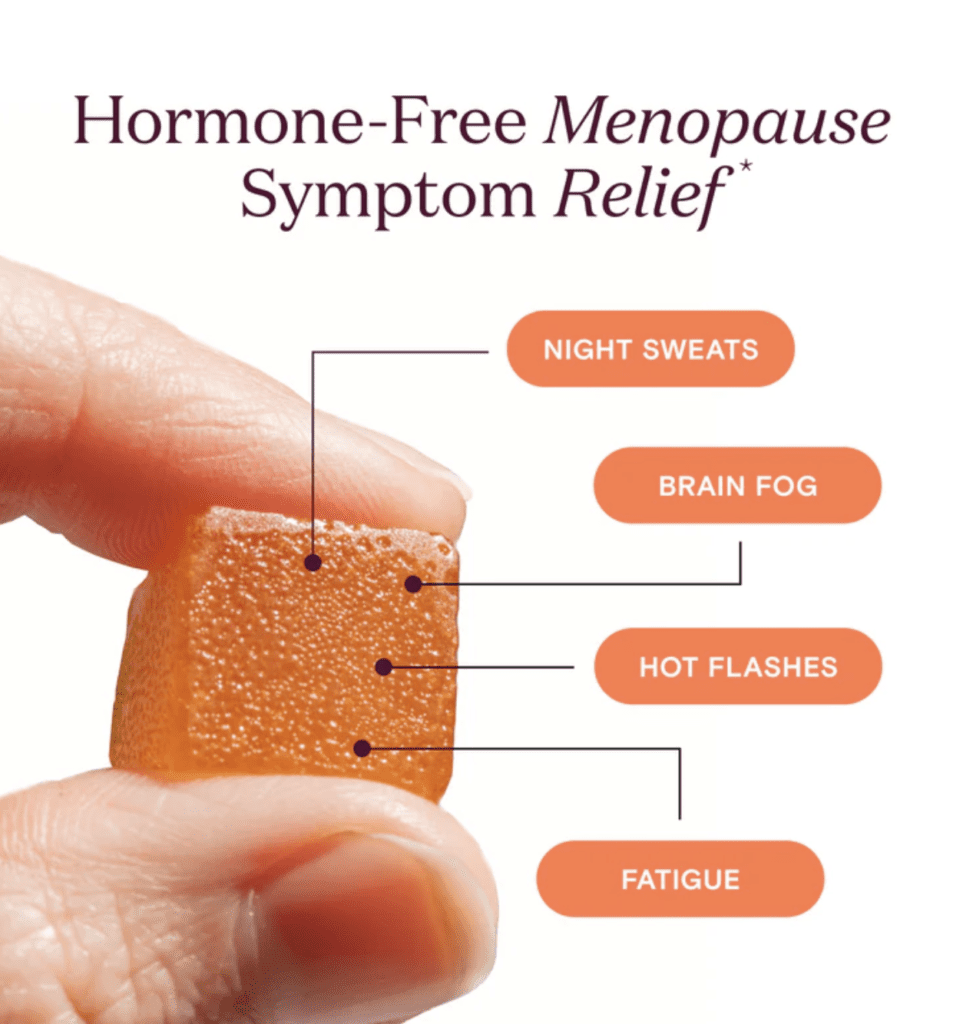When your wife or partner starts going through menopause, you may feel confused or ill-equipped to support her. The physical and emotional changes can be challenging for both of you. Fear not, dear husbands (or boyfriend), educating yourself (kudos for reading this article!) about what she’s experiencing will help you empathize and be a source of comfort. Here’s what husbands should know.
What Happens During Menopause
Menopause marks the end of a woman’s reproductive years, usually between ages 45-55. It’s triggered by hormonal shifts, namely plummeting estrogen and progesterone. This brings on symptoms like hot flashes, night sweats, vaginal dryness, sleep disturbances, mood swings, and more. The fluctuating hormones can make her feel off-kilter.
The symptoms often start perimenopause, when periods become irregular. Postmenopause is the stage after menstruation has stopped completely for 12 months. The entire menopausal transition can take 4-5 years or longer. Understanding this timeline will help you be patient.
Physical Changes
Hot Flashes: Hot flashes are one of the most common symptoms of menopause. Your wife may experience sudden, intense feelings of heat, sweating, and flushed skin.
Night Sweats: Similar to hot flashes, night sweats can disrupt sleep and leave your wife feeling fatigued.
Vaginal Dryness: Decreased estrogen levels can lead to vaginal dryness and discomfort. Lower estrogen levels cause tissues in the vulva and vagina to become thinner and less elastic. This atrophy can make sex painful.

Women’s Intimate Elixir
This ultra-lightweight, water-based lubricant is formulated especially as a menopause lubricant for women with low estrogen
Weight Gain: Metabolism can slow down during menopause, which may result in weight gain.
Bone Health: Menopause can increase the risk of osteoporosis due to decreased bone density.
Emotional Changes
Mood Swings: Hormonal fluctuations can lead to mood swings and emotional ups and downs.
Anxiety and Depression: Some women experience heightened anxiety and even depression during menopause.
Fatigue: Poor sleep and hormonal changes can contribute to fatigue.
Loss of Libido: Changes in hormone levels can affect sexual desire.
How Husbands Can Support Their Wives
Educate Yourself: Understanding menopause is the first step. Read articles, books, or attend information sessions to gain knowledge about the physical and emotional aspects of menopause.
Listen Actively: Encourage open communication. Let your wife express her feelings and concerns without judgment. Sometimes, just having someone to talk to can provide immense relief.
Be Patient: Recognize that mood swings and emotional changes are part of the process. Be patient and understanding, even when things get tough.
Offer Practical Support: Help with household chores, especially on days when your wife is fatigued or not feeling her best. Simple gestures can go a long way in easing her burden.
Accompany Her to Doctor Appointments: Support her in seeking medical advice or therapy if needed. Attend doctor appointments together to show your support and gain a better understanding of her healthcare needs.
Stay Active Together: Encourage physical activity as it can help alleviate some symptoms. Consider going for walks or practicing gentle yoga together.
Explore Lifestyle Changes: Discuss and explore healthier dietary choices and stress-reduction techniques, such as meditation or deep breathing exercises, as a couple.
Maintain Intimacy: Be sensitive to changes in your wife’s libido. In addition to vaginal dryness, other issues like urinary incontinence, recurring UTIs, and vaginal infections also crop up. She may feel less desirably or comfortable being intimate. Emotional support, lubricants, and medical advice can help. Focusing on emotional intimacy and communication can help keep your relationship strong.
Seek Support Together: Consider attending support groups or couples’ therapy to navigate menopause’s impact on your relationship.
This major transition understandably brings uncertainties. But by educating yourself and prioritizing teamwork, you can be your wife’s rock through menopause. Understanding her experience will bring you closer and strengthen your relationship.













